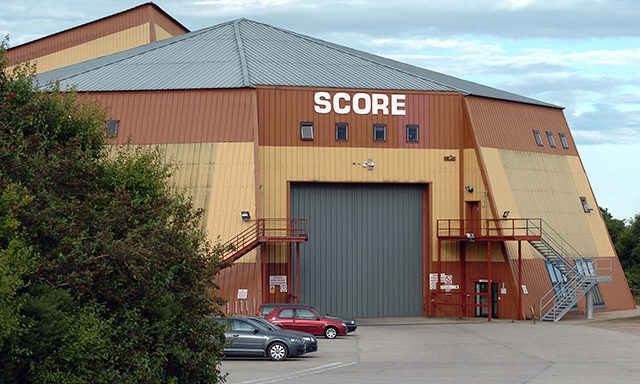
The last boss of failed construction giant Carillion has been handed a new role as chairman of Score Group.
Keith Cochrane now leads the Peterhead-based engineering company’s boardroom team, which also includes chief executive Nelson Ritchie, deputy managing director
Conrad Ritchie, finance director Anita McRobbie, commercial director Ian Davidson and operations director Ian Cheyne.
Mr Cochrane, 53, was at the helm of Carillion as interim chief executive when it went bust earlier this year, owing more than £1.5 billion.
He and his fellow directors at Carillion received scathing criticism of their management of the business in a report by MPs in May, while he was also at the centre of a controversy over his role advising the Scotland Office.
Confirming Mr Cochrane’s appointment as non-executive chairman at Score, Conrad Ritchie said: “We welcome Keith on board and look forward to his input.”
The firm’s new chairman has an impressive CV, with the first-class honours graduate and chartered accountant having led Scottish transport giant Stagecoach Group as chief executive from 2000-02 and Glasgow-based engineering company Weir Group, also as CEO, for seven years.
He quit Weir in September 2016, by which time he was already senior non-executive director at Aberdeen city bypass road partner Carillion.
A hasty exit for boss Richard Howson as trading prospects for Carillion tanked, along with the firm’s shares, paved the way for him to take the hotseat in July last year.
Carillion’s collapse caused thousands of job losses and left the two remaining Aberdeen bypass partners, Galliford Try and Balfour Beatty, nursing extra costs.
Mr Cochrane was appointed as lead non-executive director at the Scotland office in December 2015 but decided to “step aside” from his duties there amid ongoing inquiries into Carillion.
Score’s new chairman was among the bosses under fire in the final report of a parliamentary inquiry into Carillion’s demise.
It said the top team were “either negligently ignorant of the rotten culture at Carillion or complicit in it,” while Mr Cochrane had “quickly succumbed to the dysfunctionality prevalent on the board”.
The report added: “When Richard Howson was sacked as chief executive in July 2017, the board on which Mr Cochrane already served asked him to step into the role on an interim basis.
“He began to recognise some problems the company faced, extending the size of the provision made in the (July 2017) profit warning, and admitting—to the board at least—that the company had cultural problems.
“Mr Cochrane told us that Carillion was ‘a business worth fighting for’ but in giving investors ‘limited and vague’ answers to ‘fairly fundamental questions’
about the company, he reinforced their concerns and contributed to a continued sell-off of shares.
“He was unable to convince investors of his ability to lead and rebuild the company. Action to appoint new leadership from outside Carillion came far too late.”
Carillion’s bosses were more focused on their personal profit and success, the report said.
Recommended for you
